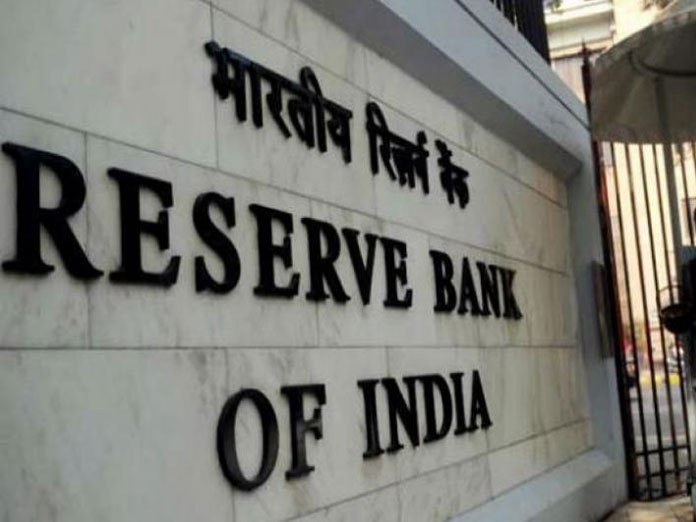Live
- Manu Bhaker applied for Khel Ratna but was shockingly overlooked: Sources
- Jagga Reddy's 'Prajasabha' in Sangareddy Postponed
- HYDRA Commissioner Ranganath Visits ORR, Inspects Multiple Lakes
- Improvement in Sriteja's Health Condition; Ventilator Removed and Liquid Diet Administered
- Former SC judge V. Ramasubramanian appointed as NHRC Chairperson
- Shyam Benegal: A true inspiration for aspiring film-makers
- Heavy snow forecast in Japan through Tuesday
- Legendary film-maker Shyam Benegal is no more
- Hackers steal over $12.7 billion in over 1,000 crypto heists to date
- BGT: 'Rohit is short of confidence with self-doubts', opines Manjrekar
Just In

The Reserve Bank of India RBI will change its stance to neutral next month and cut interest rates in June at the latest, according to a Reuters poll of economists pointing to an extraordinary Uturn in policy
The RBI’s mandate is to control price pressures, which historically have been difficult to tame in India.
Bengaluru: The Reserve Bank of India (RBI) will change its stance to ‘neutral’ next month and cut interest rates in June at the latest, according to a Reuters poll of economists pointing to an extraordinary U-turn in policy.
Just a month ago, economists predicted rates would start rising next quarter. But they have flipped that outlook in the first survey taken since RBI Governor Urjit Patel’s sudden resignation on December 10.
“The policy outlook has been muddied by the resignation of Urjit Patel. His replacement, Shaktikanta Das, will likely lend a sympathetic ear to the government’s wishes to keep policy loose,” said Shilan Shah, senior India economist at Capital Economics.
Growth, while expected to cool compared with a survey three months ago, is still likely to remain stronger than in China, Asia’s biggest economy.
Uncertainty over the outcome of a national election in May is see as the main downside risk to Asia’s third-largest economy.
Over two-thirds of the 65 economists polled between January 21-23 said the RBI would hold its repo rate at 6.50 per cent at its next policy review on February 7.
But nearly every respondent to an additional question said the central bank would change its policy stance to ‘neutral’ from ‘calibrated tightening’ - a bias it only just adopted in October, which at the time surprised many analysts and traders.
With weak inflation and the sudden change in RBI’s leadership, over 90 per cent of 57 common contributors with last month’s poll who predicted at least one hike next fiscal year are now forecasting either a rate cut or no change over the same time period.
“Our concern is that policy under Das will be kept looser than is appropriate for the benefit of the government,” added Shah. “That will lead to a partial reversal of the success the central bank has had in reining in price pressures over the past five years, and lead to a permanent rise in inflation.”
Inflation cooled to an 18-month low of 2.19 per cent in December but is expected to average 4.3 per cent next fiscal year. Core consumer inflation remained elevated at 5.7 per cent last month.
The RBI’s mandate is to control price pressures, which historically have been difficult to tame in India.
But Prime Minister Narendra Modi’s governing Bharatiya Janata Party - which in 2014 won the first outright parliamentary majority in 30 years - has made clear it prefers stimulative monetary policy ahead of national elections in May.
The BJP lost three major state elections at the end of last year, largely due to angst among rural citizens about low crop prices and rising costs.
But Modi remains ahead in opinion polls after a series of planned vote-catching measures costing more than 1 trillion rupees.

© 2024 Hyderabad Media House Limited/The Hans India. All rights reserved. Powered by hocalwire.com







